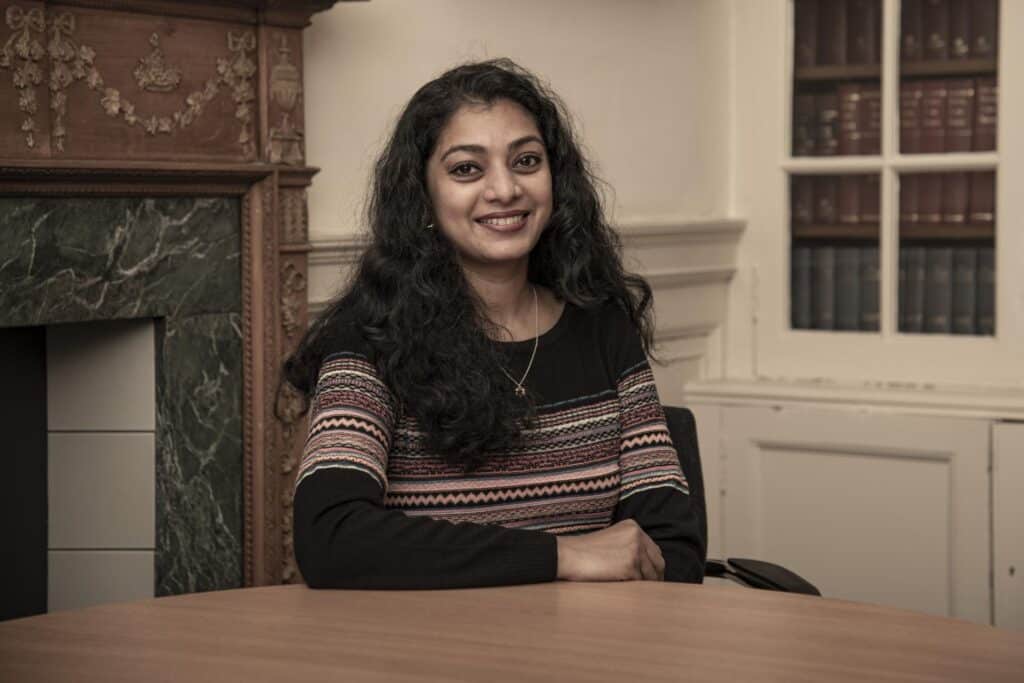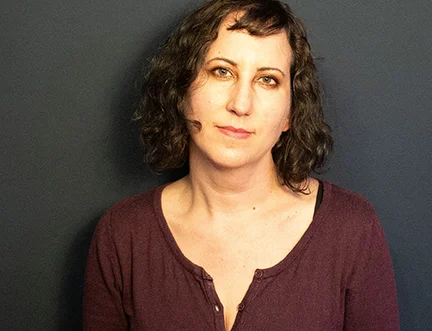
- This event has passed.
Project Deep Dive: Sruthi Herbert
13th March 1:30 PM – 3:00 PM GMT
Digitization for Social Welfare: Examining the Building and Other Construction Workers’ (BOCW) Welfare Funds in India
Post-colonial nations such as India exhibit a variant of techno-nationalism, wherein technological prowess serves as a surrogate for self-sufficiency, fostering a sense of pride in the adoption of digital solutions for governance. Within this context, I delve into a case study where the techno-nationalist approach converges with the welfare entitlements of migrant construction workers situated on the peripheries of capitalist development.
The welfare of construction workers in India is addressed through the Building and Other Construction Workers (BOCW) welfare boards, established specifically to mitigate the vulnerabilities faced by this demographic. These boards, operating at the regional or state level, boast unique administrative structures that have grappled with varying degrees of dysfunctionality over the years. However, in the wake of the COVID-19 pandemic, there has been a notable acceleration in the digitization efforts of these boards, aimed at enhancing welfare delivery.
Through examination of digital data sets and interviews with officials affiliated with these welfare boards, I explore the evolving landscape of digital welfare delivery in India. This inquiry provides valuable insights into both the opportunities and challenges arising from the convergence of the administrative state with digital technologies.
Speaker Biography

Dr Sruthi Herbert is a Digital Research Postdoctoral Fellow. She is also affiliated with the project ‘Reversing the Gaze’ at the Edinburgh Law School where she worked as a Postdoctoral Research Fellow. During this time, she studied the mutual interaction and constitution of the fiscal and the administrative state in India. She has a PhD in Development Studies from SOAS University of London that focused on people’s interface with India’s developmental and administrative state and their differential experience of citizenship based on their social identities.






